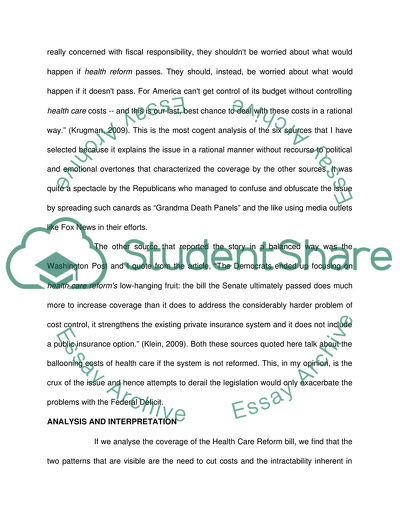Cite this document
(“How Health Lobbyists Influenced Reform Bill Essay”, n.d.)
How Health Lobbyists Influenced Reform Bill Essay. Retrieved from https://studentshare.org/health-sciences-medicine/1562683-journalism-case-study
How Health Lobbyists Influenced Reform Bill Essay. Retrieved from https://studentshare.org/health-sciences-medicine/1562683-journalism-case-study
(How Health Lobbyists Influenced Reform Bill Essay)
How Health Lobbyists Influenced Reform Bill Essay. https://studentshare.org/health-sciences-medicine/1562683-journalism-case-study.
How Health Lobbyists Influenced Reform Bill Essay. https://studentshare.org/health-sciences-medicine/1562683-journalism-case-study.
“How Health Lobbyists Influenced Reform Bill Essay”, n.d. https://studentshare.org/health-sciences-medicine/1562683-journalism-case-study.


